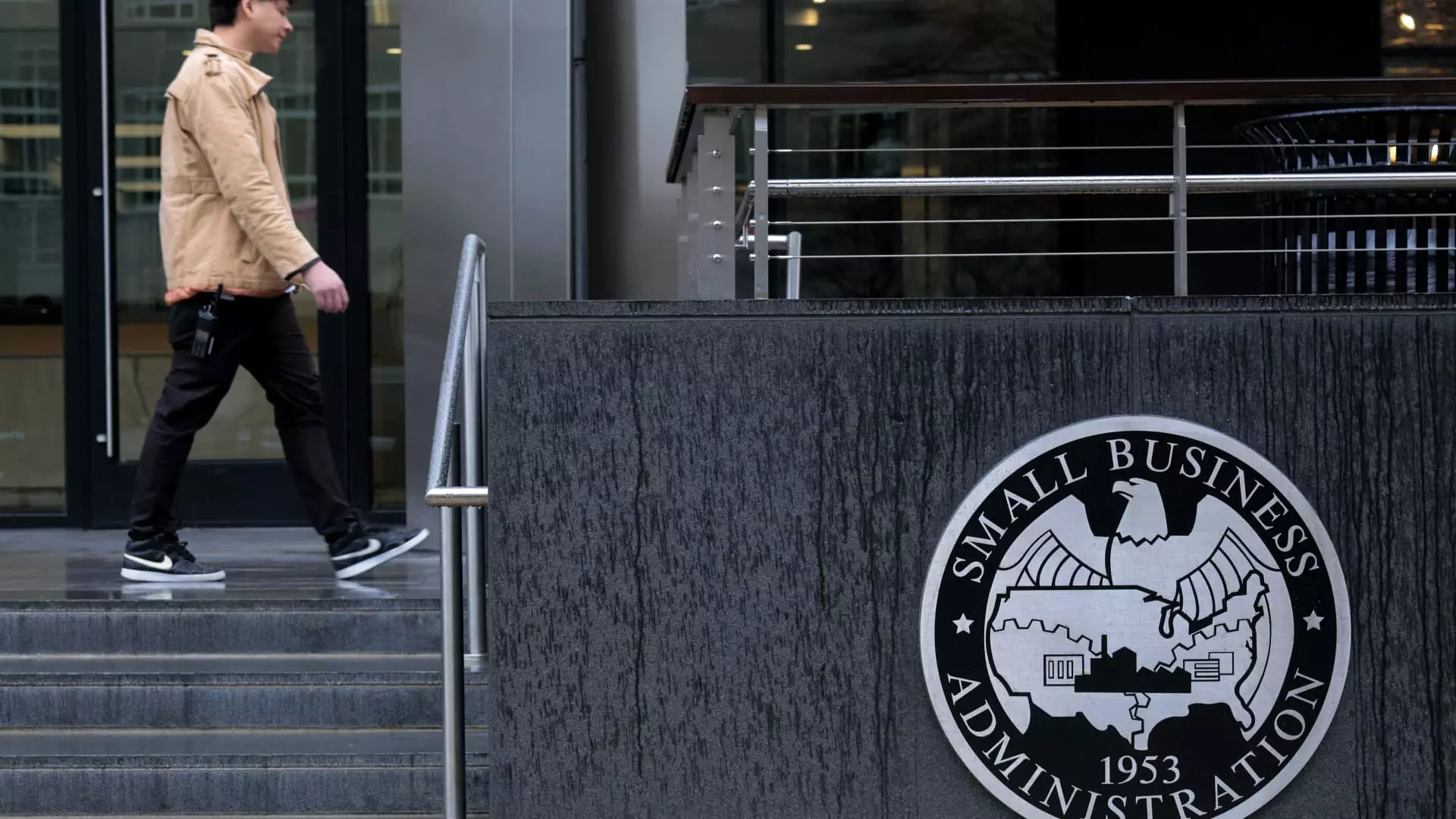In a bold move, the Trump administration sought to upend federal student loan management by transferring over $1.6 trillion in loans from the U.S. Department of Education to the Small Business Administration (SBA). However, a recent ruling from Judge Myong J. Joun of the U.S. District Court for the District of Massachusetts has put a halt to these plans, at least for now. The ruling not only requires the reinstatement of more than 1,300 employees previously associated with the Education Department but also effectively blocks any attempt to shift the oversight of federal student loans. This legal development has ignited a crucial discussion about the viability and implications of such a transfer, revealing a chasm between administrative ambition and the realities of public policy.
While the move was presented as a strategy to enhance efficiency within the federal framework, critics argue that it would precipitate chaos. The Education Department has been entrusted with managing the intricacies of student loans since the inception of the Federal Student Aid office, and attempting to move it under the umbrella of an agency with no pertinent experience in education finance is fraught with peril. It raises questions about whether the SBA is adequately equipped to handle such a monumental task, especially when critical borrower protections and support programs could be jeopardized.
Flawed Rationale Behind the Transfer
The Trump administration’s claims of seeking greater operational efficiency ring hollow in the face of substantive evidence from consumer advocates. They argue that even minor transitions can lead to severe errors, lost information, and compromised borrower privacy—issues that could balloon exponentially during a massive agency transfer. The SBA’s proposed role in managing more than 40 million student loan accounts, therefore, simply lacks a rational basis.
Mark Kantrowitz, a leading higher education expert, highlights a critical point: it would require a significant act of Congress to execute such a transfer legally, given that the Higher Education Act of 1965 expressly designates the Education Department as the authority for federal student loans. This reality underscores that the administration’s ambitions are not just misguided; they are fundamentally flawed from a legal and structural standpoint.
Political Underpinnings and Consequences
The political implications of this power play are far-reaching. Madi Biedermann, a deputy assistant secretary at the Education Department, has dismissed the ruling as an overreach by “a far-left judge,” a classic deflection aimed at undermining legitimate concerns about the transfer. This tactic demonstrates a broader trend in which the administration seeks to delegitimize institutions that protect public interests, portraying them as partisan adversaries instead of neutral enforcers of the law.
The administration’s decision also surfaced amid controversial budget cuts, including a proposed 43% reduction in the SBA’s workforce. When juxtaposed against a plan to wrestle control of student loans from seasoned professionals, this move reeks of recklessness. It raises suspicion about who stands to benefit from such a shift—certainly not the over 40 million borrowers who depend on efficient, protective, and knowledgeable management of their loans.
Impact on Borrowers and Future Prospects
At the end of the day, the most affected groups are the borrowers, who represent the heart of this debate. If anything, the ruling provides a sliver of hope for student loan borrowers who are anxious about the chaos that could ensue from such a monumental misstep. Unlike administration officials, borrowers have a vested interest in ensuring the integrity of their loans and protections like the Public Service Loan Forgiveness program, which would be at risk if management were shifted.
The fear is not merely one of inefficiency but of systemic failure, where vulnerable populations—students, working-class individuals, and those striving for economic mobility—could find their paths blocked precisely at a moment when access to education is crucial for their futures. In this light, Judge Joun’s ruling can be seen as a necessary bulwark against an administration willing to gamble with the lives and futures of millions based on an unproven and ideologically driven vision.
The marketplace of ideas is vibrant and contentious, but the stakes in this battle over student loan management are incredibly high. The American education system deserves better than the whims of poorly executed policies, and the voices demanding accountability must be amplified and sustained. Far too much is at stake for it to be otherwise.

